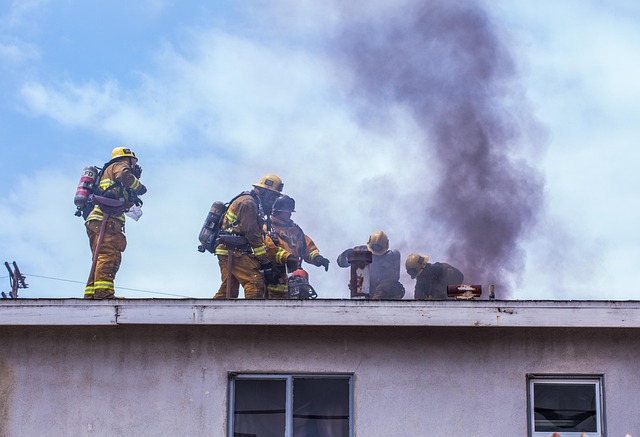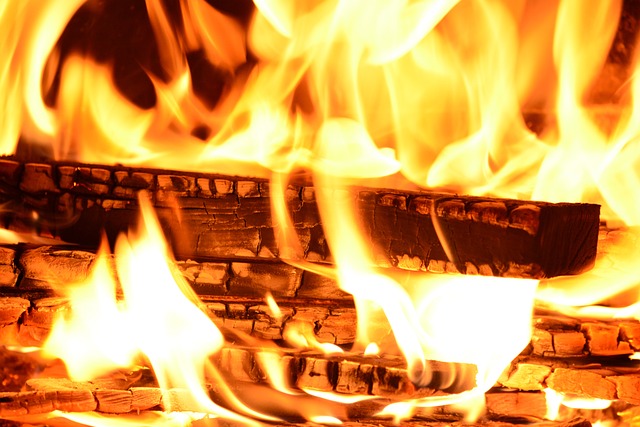Chicago's post-fire real estate landscape presents both opportunities and challenges for investors. Understanding the city's resilience, diverse neighborhoods, and market trends is crucial for successful investments. Selling a fire-damaged property requires professional inspections, strategic negotiation, and transparent communication about repairs to attract buyers in a competitive market. Collaborating with experienced agents familiar with Chicago's unique dynamics can simplify the process, ensuring lucrative transactions while contributing to the city's revival.
“Explore the dynamic world of real estate investing in Chicago, where opportunities abound. This article guides investors through the intricacies of the local market, offering insights into successful strategies. From understanding the unique challenges of investing in Chicago to navigating post-fire property sales, you’ll discover expert tips for maximizing profits. Learn how to capitalize on the city’s revival while managing potential risks. Whether you’re an experienced investor or new to the scene, these techniques will empower you to thrive in the vibrant Chicago real estate landscape, especially when selling a house after a fire.”
- Understanding the Chicago Real Estate Market for Investors
- Strategies for Investing in and Selling Properties After a Fire in Chicago
Understanding the Chicago Real Estate Market for Investors

Chicago’s real estate market presents a unique landscape for investors, offering both opportunities and challenges. Understanding the dynamics is crucial for those looking to buy or sell properties, especially in areas that have experienced events like fires. After a house catches fire, the process of selling can be complex, affecting not just the property itself but also nearby real estate values. Investors must stay informed about market trends, including post-disaster recovery patterns, to make informed decisions.
Chicago’s resilience and diverse neighborhoods make it an attractive investment destination. However, fires and other incidents impact the local economy and housing supply. Investors should consider these factors when assessing properties for purchase or determining sale strategies. Staying abreast of urban renewal efforts and community initiatives related to fire-affected areas is key to navigating this market effectively, ensuring both a successful investment and contributing to the city’s revival.
Strategies for Investing in and Selling Properties After a Fire in Chicago

After a fire, real estate investors in Chicago face unique challenges when it comes to buying and selling properties. The first step is assessing the damage and understanding the scope of repairs required. This can significantly impact the property’s value; a thorough inspection by professionals is crucial to determine the feasibility of renovation and potential return on investment. Many investors opt for a thorough restoration, aiming to restore the property to its former glory or even elevate it with modern upgrades.
When selling a house after a fire in Chicago, prioritizing open communication and transparency is essential. Disclosing the fire history and any renovations undertaken can build trust with potential buyers. The market in Chicago is competitive, so investors should be prepared to negotiate and offer competitive prices, especially if the property has been well-maintained and renovated to high standards post-fire. Additionally, working with experienced real estate agents who understand the local market and have handled similar cases can streamline the selling process and ensure a successful transaction.
Chicago’s real estate market presents unique opportunities for investors, but navigating post-fire property sales requires a strategic approach. By understanding the local dynamics and implementing effective strategies, such as quick turnaround rentals or efficient renovation and resale, investors can successfully navigate this niche. Remember, when considering a sell house after fire Chicago scenario, staying informed about market trends and adapting to local conditions is key to achieving favorable outcomes.






